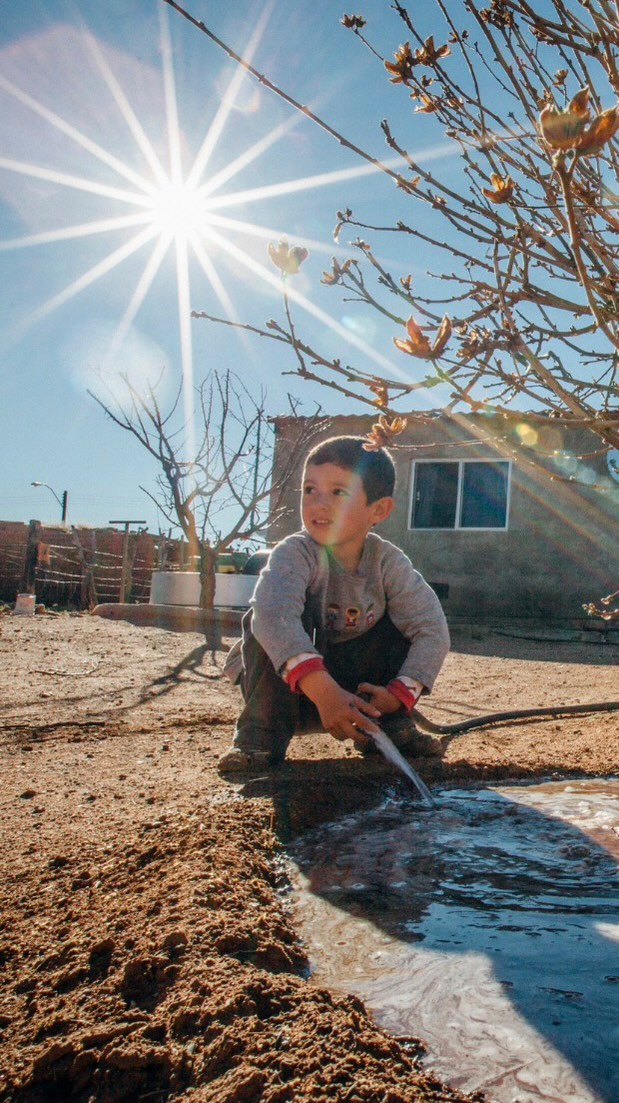- The current state of global water scarcity and its effects on communities worldwide
- The impact of water scarcity and environmental degradation on biodiversity, particularly coral reefs
- The urgent need for collective action in reversing natural loss and safeguarding our environment
- Strategies and solutions for addressing these environmental challenges, focusing on conservation efforts and sustainable practices
- The role of leaders and communities in driving change and promoting a more sustainable future
Today, an alarming four billion individuals confront severe water scarcity for at least one month each year, illuminating the stark reality of our environmental crisis. This scarcity threatens human health and livelihoods and has profound effects on biodiversity, leading to the loss of half the world’s coral reefs. As ecosystems falter, the urgency to reverse nature loss has never been more critical. This article aims to dissect these issues in depth, exploring their roots and proposing paths forward.
The Current State of Global Water Scarcity
Water scarcity is a pressing dilemma that affects millions worldwide, stemming from factors such as overconsumption, pollution, and inefficient resource use. The phenomenon exacerbates existing social, economic, and political tensions and disproportionately impacts vulnerable communities. Amidst this scarcity, agriculture, hygiene, and basic survival become challenging, setting off a cascade of negative food security and health consequences.
Impact on Biodiversity, Particularly Coral Reefs
The connection between water scarcity and biodiversity loss is complex yet unmistakably critical. Coral reefs, often termed the “rainforests of the sea,” are among the ecosystems most vulnerable to water-related issues. Corals are sensitive to temperature changes exacerbated by decreasing water availability and quality. Pollution and overfishing, driven by human demand and worsened by lower water levels, further accelerate coral degradation. The loss of coral reefs has dire implications for marine life and human communities, disrupting fisheries, coastal protection, and economies dependent on marine biodiversity.
The Urgent Need for Collective Action
Reversing nature loss is a colossal challenge that requires urgent and collective efforts. Protecting and restoring our environment is about conservation and ensuring a sustainable future for the next generations. This necessitates global cooperation to implement policies that mitigate environmental destruction alongside local initiatives to preserve natural habitats. Public awareness and education are pivotal in fostering a culture of sustainability and environmental stewardship.
Strategies and Solutions for Addressing Environmental Challenges
A multifaceted approach involving conservation, sustainable practices, and innovative technologies is essential to counteract these challenges. Conservation efforts should focus on protecting key ecosystems, restoring degraded habitats, and ensuring sustainable management of natural resources. Moreover, sustainable agricultural, industrial, and domestic practices can significantly reduce water wastage and pollution. Innovative technologies, such as water recycling and desalination, offer promising solutions to water scarcity but must be developed and implemented responsibly to avoid unintended ecological impacts.
The Role of Leaders and Communities in Promoting Sustainability
Leaders at all levels, from local administrators to global policymakers, are crucial in spearheading environmental initiatives. By enacting effective regulations, allocating resources for conservation, and fostering international collaboration, leaders can drive significant progress in environmental protection. However, the power of individual and community action cannot be overstated. Grassroots movements, community-led conservation projects, and individual efforts to reduce consumption and waste are equally vital in protecting the planet.
In summary, water scarcity and environmental degradation challenges demand immediate and concerted efforts. By understanding the intricacies of these issues, fostering sustainable practices, and rallying together for change, we can aspire to a future where nature and humanity thrive in harmony. The time to act is now, to end this decade with more nature than we started with firmly in our sights. The collective actions of leaders, communities, and individuals will be paramount in reversing environmental decline, ensuring a resilient and vibrant planet for generations to come.
*****
Source Description
Today, four billion people experience severe water scarcity for at least one month every year. And half of the world’s corals have already been lost.
This is because nature is in crisis. 🚨
Right now, it’s being destroyed at a rate unprecedented in human history.
We must act now to protect people and nature – and work together to overcome one of the greatest challenges of our time. We need to reverse nature loss, ending the decade with more nature than we started with, not less.
🗣️ Leaders: The time to act is NOW. Share this post to call for action!


